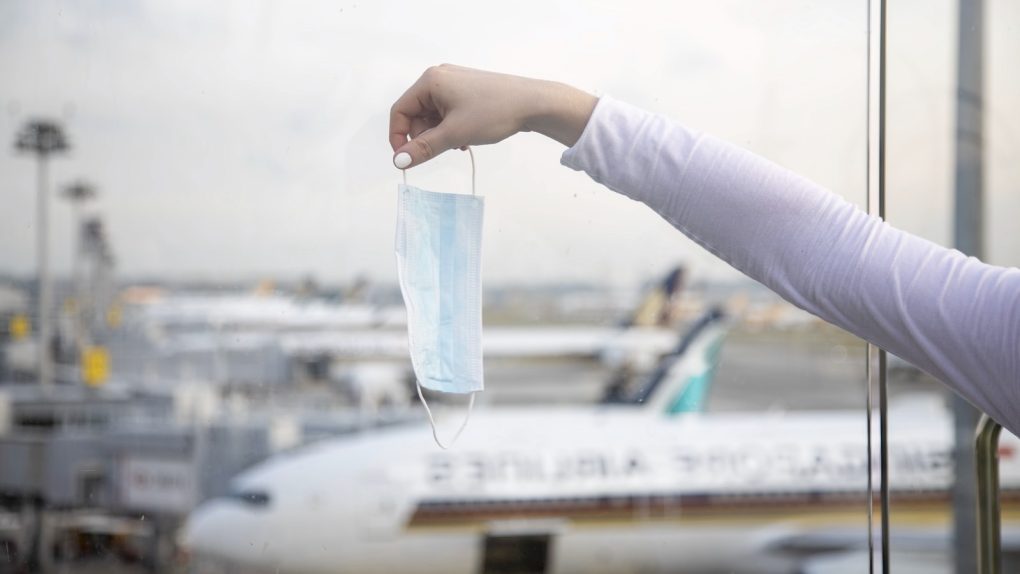- Governments, private companies, and non-profits are working on coronavirus “vaccine passports” that can be used to prove vaccination status or show COVID-19 test results for certain activities.
- The travel industry is already asking for negative test results before international travel. People looking to attend public events like concerts might need to show proof of vaccination or negative test results in the future.
- Digital vaccine passports might be created to simplify the procedure of testing a person’s vaccine or test results. The health documents would offer authorities quick access to COVID-19 information in a standardized way.
Almost a year ago, the world discussed the pros and cons of so-called “immunity passports” when the pandemic was just starting. Proof of COVID-19 immunity would be enough to allow people to return to work, travel internationally, and attended crowded events. The concept was largely forgotten as the world still had no idea how the COVID-19 crisis would unfold — or what to expect from immunity. But now, many countries have started asking for proof of negative COVID-19 testing before allowing international travel. It’s not an immunity passport, but the concept is similar.
Now that vaccination campaigns are ramping up around the world, there’s increased talk of such an immunity passport. It’s now called a “vaccine passport” informally, and this one might stick.
While vaccination remains voluntary everywhere where COVID-19 vaccines are available, returning to some form of normalcy will take plenty of time. COVID-19 will continue to spread while more people are vaccinated, and the illness will continue to impact daily life for some time. Access to specific types of activities, like international travel, concerts, and other public events, may require proof of health. Universal vaccine passports might be needed to use as proof of COVID-19 vaccination, immunity, or negative PCR testing.
According to The New York Times, several efforts are underway to standardize these vaccine passports. Not only will these digital documents have to work everywhere around the world, but they should be crafted in such a way that they can ensure the security of the data and the privacy of users.
One other thing that will speed up the adoption of vaccine passports is the booming business of fake negative test results sold in the European Union to facilitate travel.
This wouldn’t be the first time vaccination proof is required to travel. It already happens in certain countries with illnesses like yellow fever and other infectious diseases. But the COVID-19 pandemic will force almost every country to consider vaccine passports.
The Times provides some of the existing efforts to create vaccination protocols.
- Denmark: government plans to roll out a digital passport with vaccination information
- Etihad Airways and Emirates: digital travel pass developed by IATA to document vaccination and testing
- IBM: Digital Health Pass, a blockchain-based tech that would allow people to show proof of vaccination or testing
- The World Economic Forum and the Commons Project Foundation: the CommonPass digital health passport generates a QR code that authorities can use to check testing and vaccination data
- The Linux Foundation Public Health and the COVID-19 Credentials Initiative: developing of universal standards for vaccine credential apps (the foundation is also working with IBM and Common Pass)
These efforts indicate a growing interest in creating a standardized vaccine passport that a person can show in digital or printed form anywhere in the world. Governments, private companies, and non-profits will need to find ways to implement the technology so that the data can’t be abused, and so that everything stays private and secure. But work on vaccine passports will probably ramp up in the near future, as they could speed up the return to normal life.
Check out the full The New York Times article at this link.








